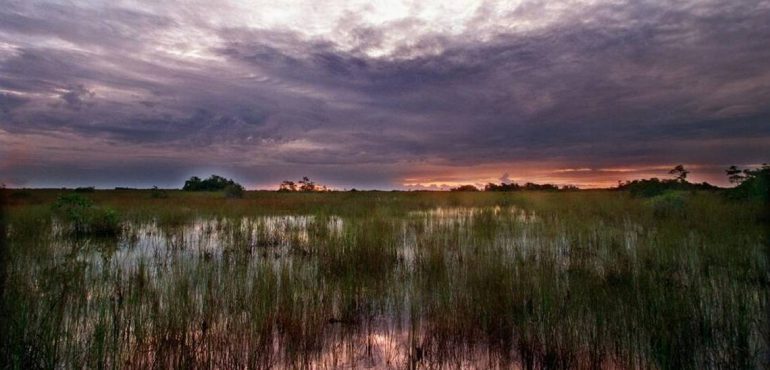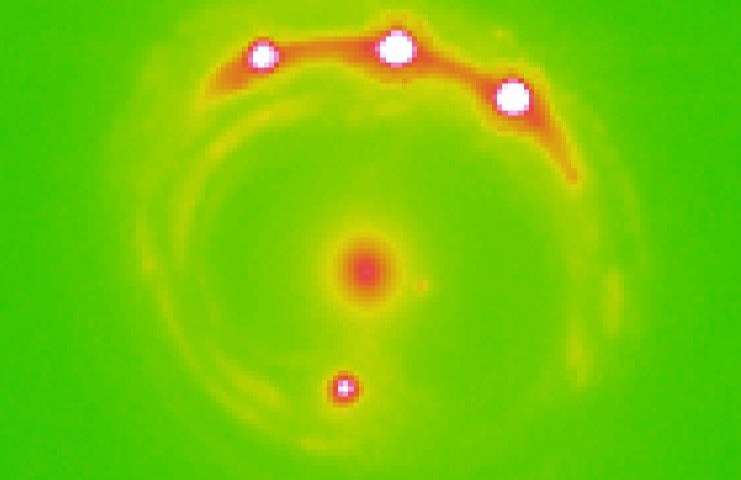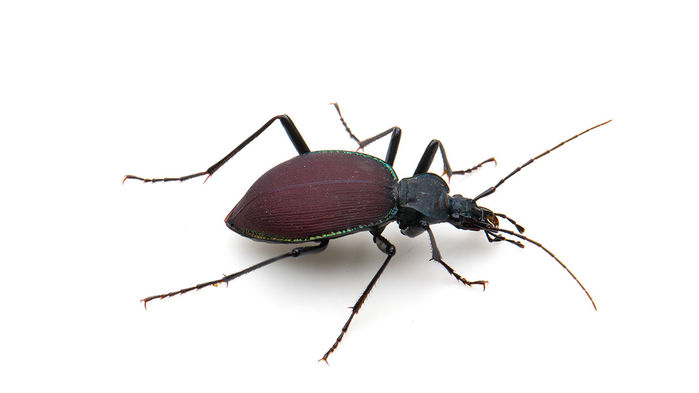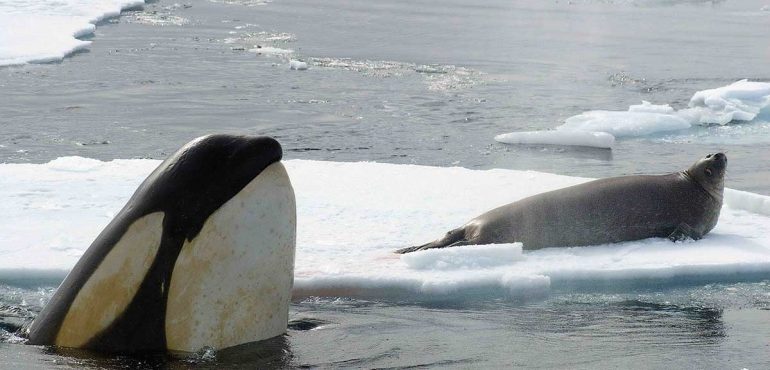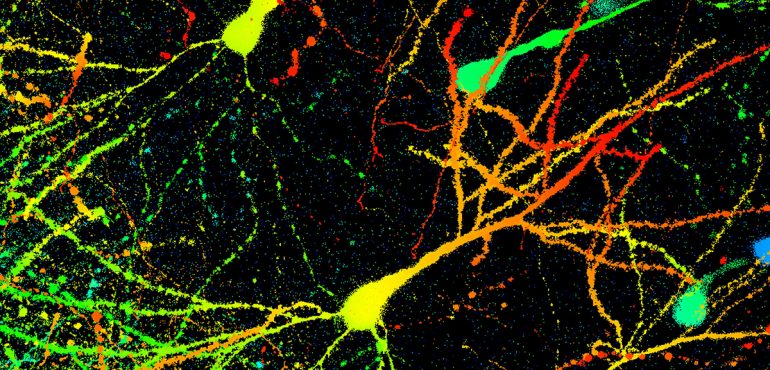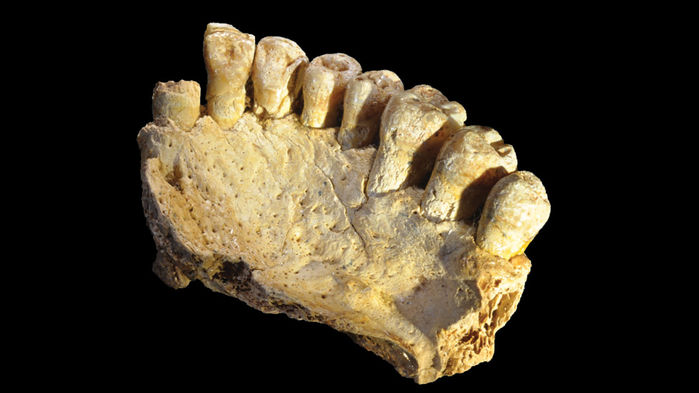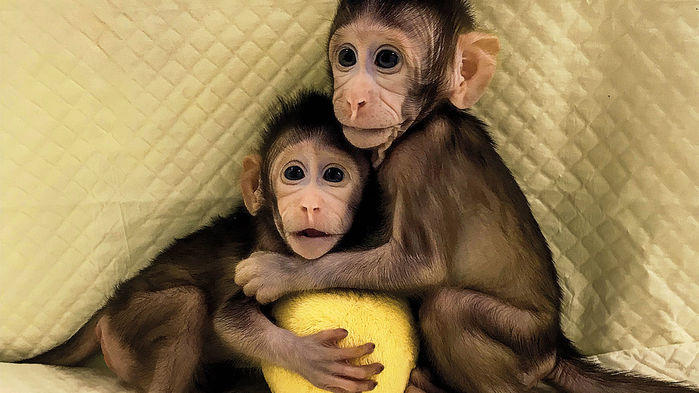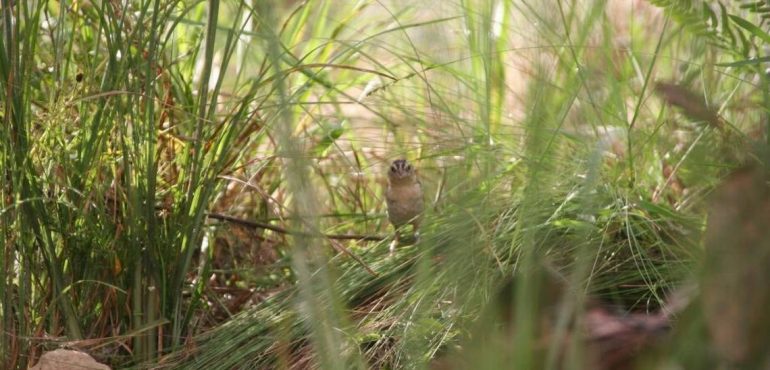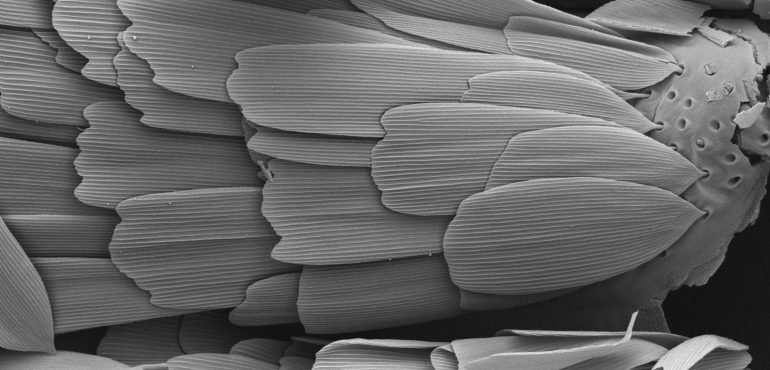For years, South Florida water managers struggling to reverse the damage done to the Everglades by decades of flood control have done their best to replicate nature, timing the flow of water into marshes with the state’s wet and dry seasons. But now researchers looking at 16 years worth of data say creeping sea rise…
Read more
Sea rise is outpacing Everglades restoration — but scientists say there’s a solution
